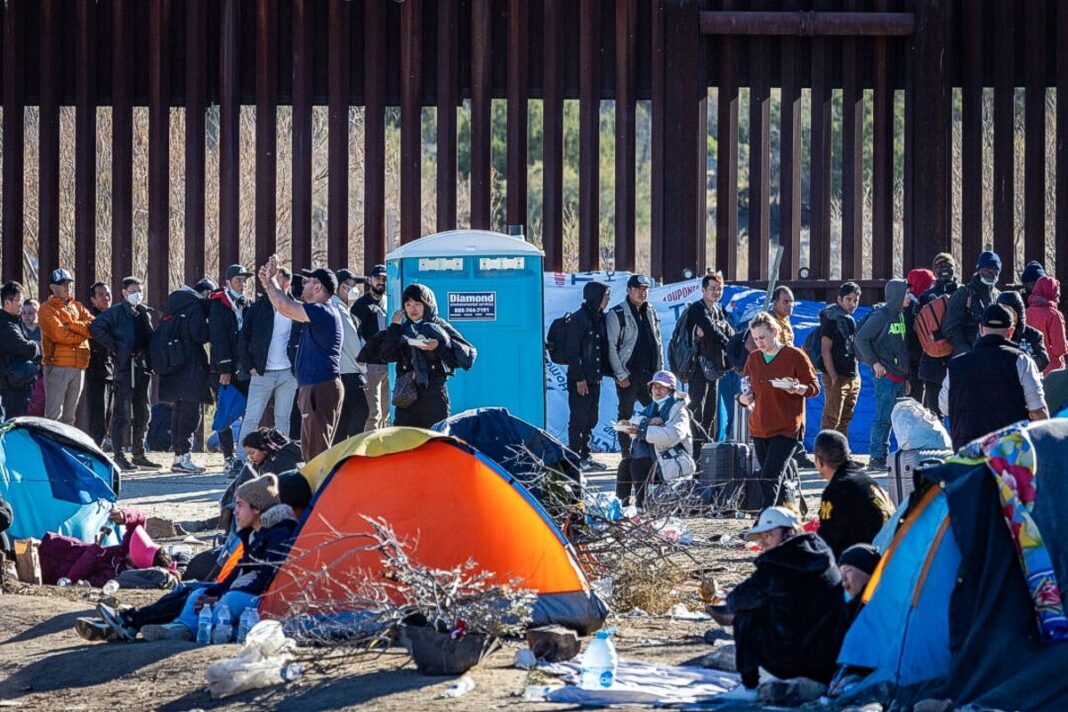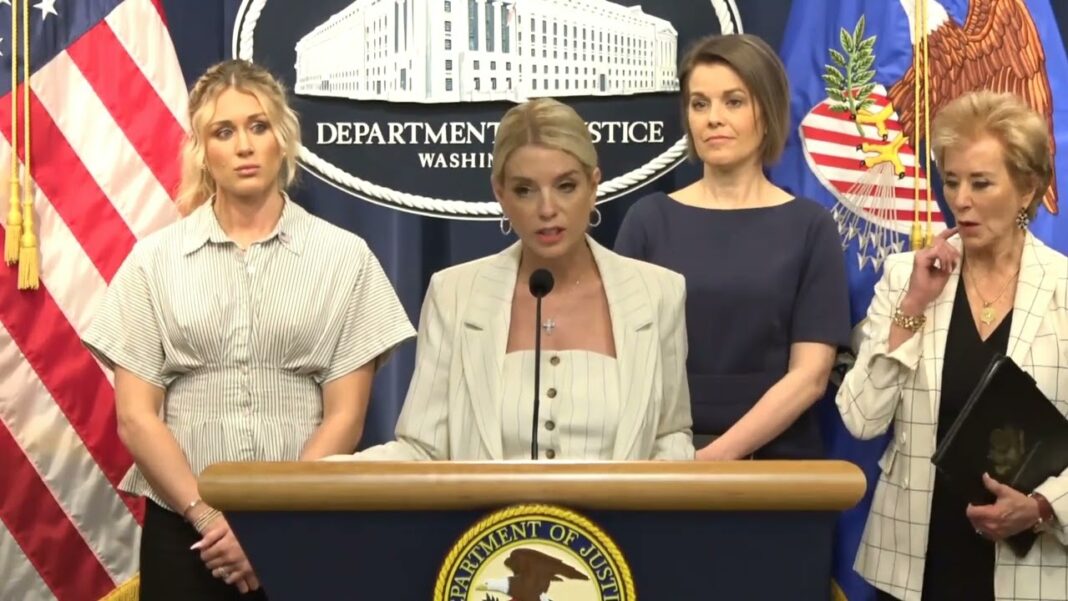The programs help provide information to unrepresented illegal immigrants about their rights and obligations throughout removal proceedings.
The Department of Justice (DOJ) can temporarily stop funding programs that provide legal orientation for illegal immigrants, including those detained by Immigration and Customs Enforcement (ICE), while a lawsuit brought by the groups providing the service plays out in court, a federal judge ruled on April 15.
The ruling by District Judge Randolph Moss impacts multiple programs, including the Legal Orientation Program, the Immigration Court Helpdesk, the Family Group Legal Orientation Program, and the Counsel for Children Initiative.
Congress allocates $29 million a year for the four programs that collectively provide information to unrepresented illegal immigrants about their rights and obligations throughout removal proceedings.
Moss’s ruling means that a coalition of nonprofit groups that offer the programs will now temporarily lose their federal funding on April 16.
The decision came in response to a lawsuit filed by the Amica Center for Immigrant Rights in January on behalf of the coalition just days after President Donald Trump signed an executive order titled “Protecting the American People Against Invasion.”
That order directed the attorney general and secretary of homeland security to conduct an audit of all contracts, grants, and other agreements providing federal funding to non-governmental organizations that support or provide services to “removable or illegal aliens,” as part of Trump’s efforts to cut down on waste and fraud within the government.
Shortly after the order was signed, the DOJ issued a “stop work order” for the programs to allow for an audit while simultaneously pausing funding.
In their lawsuit, the coalition of nonprofits argued that the programs impacted by the pause in funding were needed to help boost immigration court efficiency, cut costs in immigration administrative adjudications, and “provide safeguards for unrepresented noncitizens in an overburdened immigration system.”
Plaintiffs noted that, unlike in criminal cases, individuals in immigration courts and detention centers don’t have a right to an attorney and generally complete proceedings without legal counsel.







